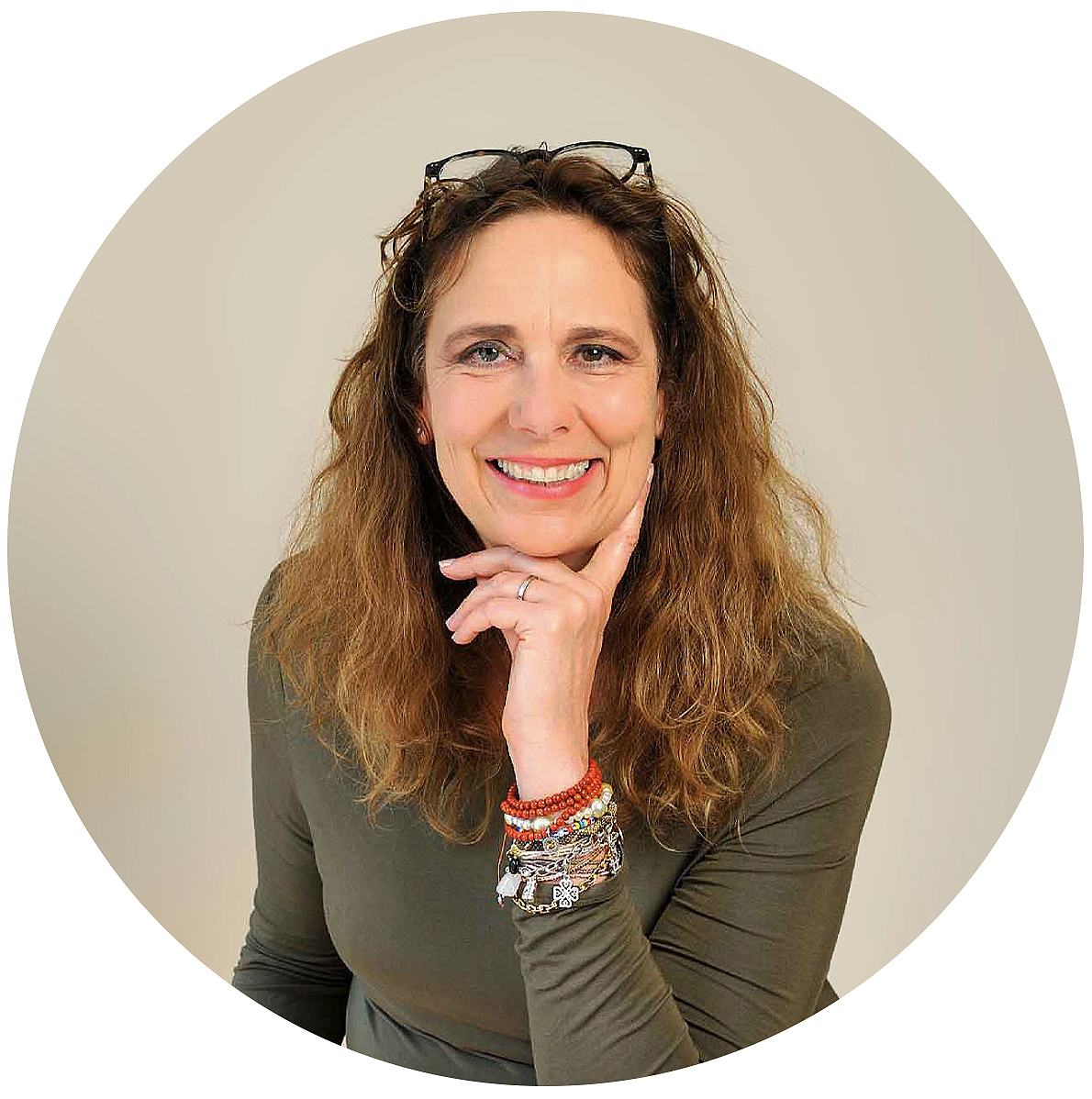
Why an Integrative Approach in Psychotherapy Matters More Than Ever Today
Guest article by Nathalie Buschor, Psychotherapist and Coach
The demands of modern life are increasing – both professionally and personally. People today are under constant pressure: to perform, to be present, to deliver results – while also being good partners, parents, and friends. Many find themselves in inner conflict or realize that their previous ways of dealing with stress, relationships, or themselves no longer work.
As a psychotherapist and coach, I work with people who want more than just symptom relief – they want to understand what truly drives them. They are not looking for a quick fix, but are ready to commit to real change. This process requires more than a single technique. It requires an integrative approach.
What does “integrative” mean?
Integrative psychotherapy combines different evidence-based methods that complement one another. Because no human being is purely rational, purely emotional, or purely physical – we are complex beings with histories, feelings, relationships, thinking habits, and a deep longing for meaning.
An effective therapeutic process addresses multiple levels:
-
Depth psychology (after C.G. Jung) helps uncover unconscious patterns – often shaped since childhood – and consciously reshape them.
-
Cognitive-behavioral therapy provides practical tools to change harmful thought patterns and habits in daily life.
-
Positive psychology shifts the focus to strengths, resources, and the things that give us fulfillment and support.
-
Buddhist psychology and meditation cultivate self-awareness, emotional regulation, and inner calm – qualities often lost in today’s fast-paced world.
-
Body-oriented methods such as Chanmigong integrate what cannot be expressed in words – aligning body, mind, and emotions.
For work with couples and families, I draw on proven systemic approaches such as the Gottman Method – established for decades in relationship research – and concepts from Jesper Juul’s Familylab. Creative expression through art therapy also has its place, especially when words are no longer enough.
Why this matters
Today, people are not only struggling with burnout, relationship stress, or anxiety – many face a deeper sense of emptiness or loss of meaning. They feel: “It can’t go on like this” – but cannot pinpoint what is missing.
An integrative approach offers more than just coping strategies; it creates the space to truly meet oneself. Understanding your own life story, learning to navigate emotions, and changing ingrained patterns leads not only to greater psychological stability – but to an improved quality of life.
Research confirms this: mental and physical health are closely linked. People who understand themselves, experience positive relationships, and find meaning in their actions demonstrably live healthier, more resilient – and happier – lives.
Personal. Grounded. Effective.
In my work, I bring together different disciplines – not out of randomness, but because they reflect the reality of my clients’ lives. I studied economics, worked in international companies, held leadership roles – and later trained as a psychotherapist. Today, I integrate both worlds: efficiency and depth, clarity and compassion.
Therapy should bring insight – but also provide support. It should challenge – but never overwhelm. And it should never reduce a person to a problem, but address them in their entirety.
Because change requires more than analysis – it also needs trust, experience, and the awareness that we are always more than the difficulties we are facing.

